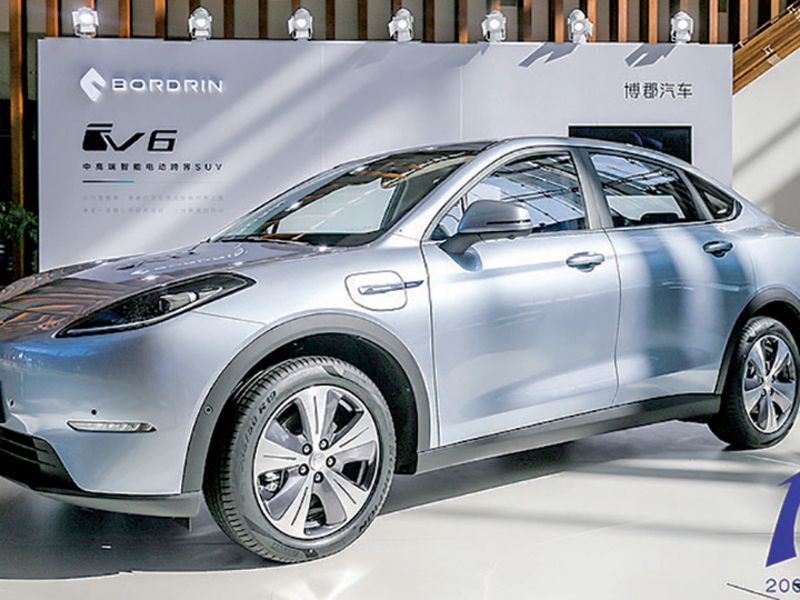
SHANGHAI — When Huang Ximing, a former senior engineer at Ford Motor Co., established Bordrin Motor Corp. in Shanghai in 2016 to build electric vehicles, he was confident that the strength of his technology would ensure his new company could easily beat out other EV startups in China.
But Huang has been proved woefully wrong.
According to documents now coming into public view, Huang far underestimated the expense of launching an EV startup.
In June, the onetime Detroit resident who had also worked at General Motors, admitted in an open letter in China that Bordrin had run into a severe cash crunch.
Last month, an internal document leaked to the Internet by employees at Bordrin’s operations in Shanghai revealed that the business was awaiting liquidation.
Numerous EV startups have sprouted across China in recent years.
In 2017, Huang confidently assured Automotive News China that if “90 percent” of China’s EV startups vanished amid the competition, Bordrin would be one of the few that survived.
Indeed, Bordrin had a much stronger technology background than other Chinese EV startups. It was born out of an engineering company Huang created in Shanghai in 2007, which had engineered EVs and traditional vehicles for a wide array of domestic Chinese automakers.
But his venture fell short on fundraising.
Despite industry estimates that an EV startup would need to have nearly $3 billion in its pockets to successfully get up and running, Huang was confident that the Chinese market was so awash with capital, an EV startup with impressive technology and the right products should have no worries about funding.
Bordrin was courted by investors, but it decided to wait until more progress was made in vehicle development, Huang said.
Looking back this year, Huang realized inaction in fundraising was his biggest mistake.
Bordrin “missed out on many fundraising opportunities,” leading to “unredeemable losses” and severe cash shortages, he noted in the open letter in June.
Exacerbating Bordrin’s cash shortage was the company’s ambitious production plan.
By 2019, Bordrin had prepared to build vehicle assembly plants in three Chinese cities — Nanjing, Shanghai and Tianjin — plus a battery plant in the city of Huai’an. The plans would require an investment of more than $2.89 billion.
The reality of the company’s failure to attract additional capital quickly kicked in.
In mid-2019, Bordrin started to have difficulty paying its employees and suppliers, which triggered an exodus of engineers and managers, according to Chinese media.
That rendered the company unable to bring its first product, an electric crossover, into production by the end of last year.
Then came the coronavirus outbreak, which interrupted commerce across China from late January to early March. That killed whatever chance Huang’s venture might have for survival.